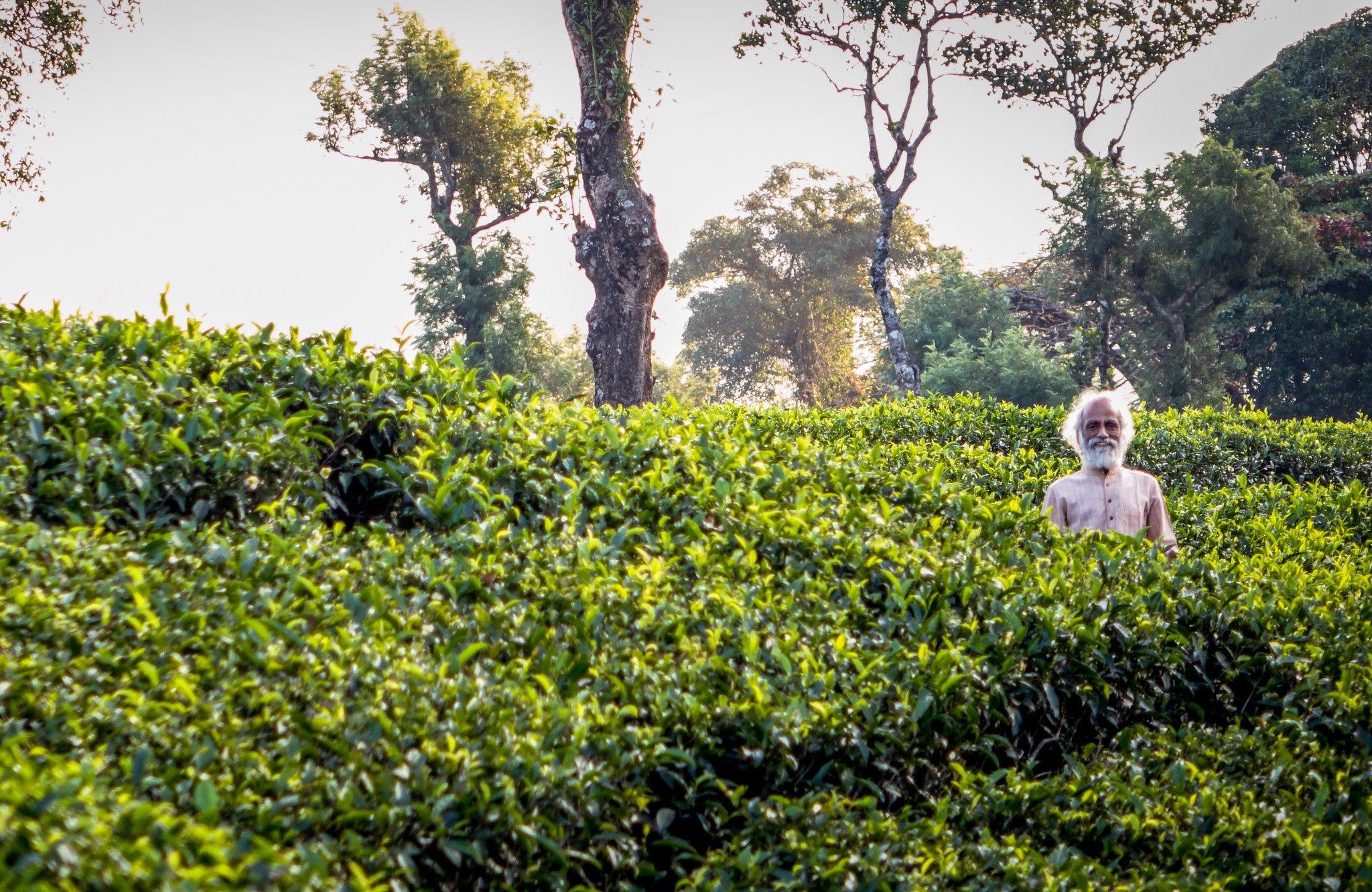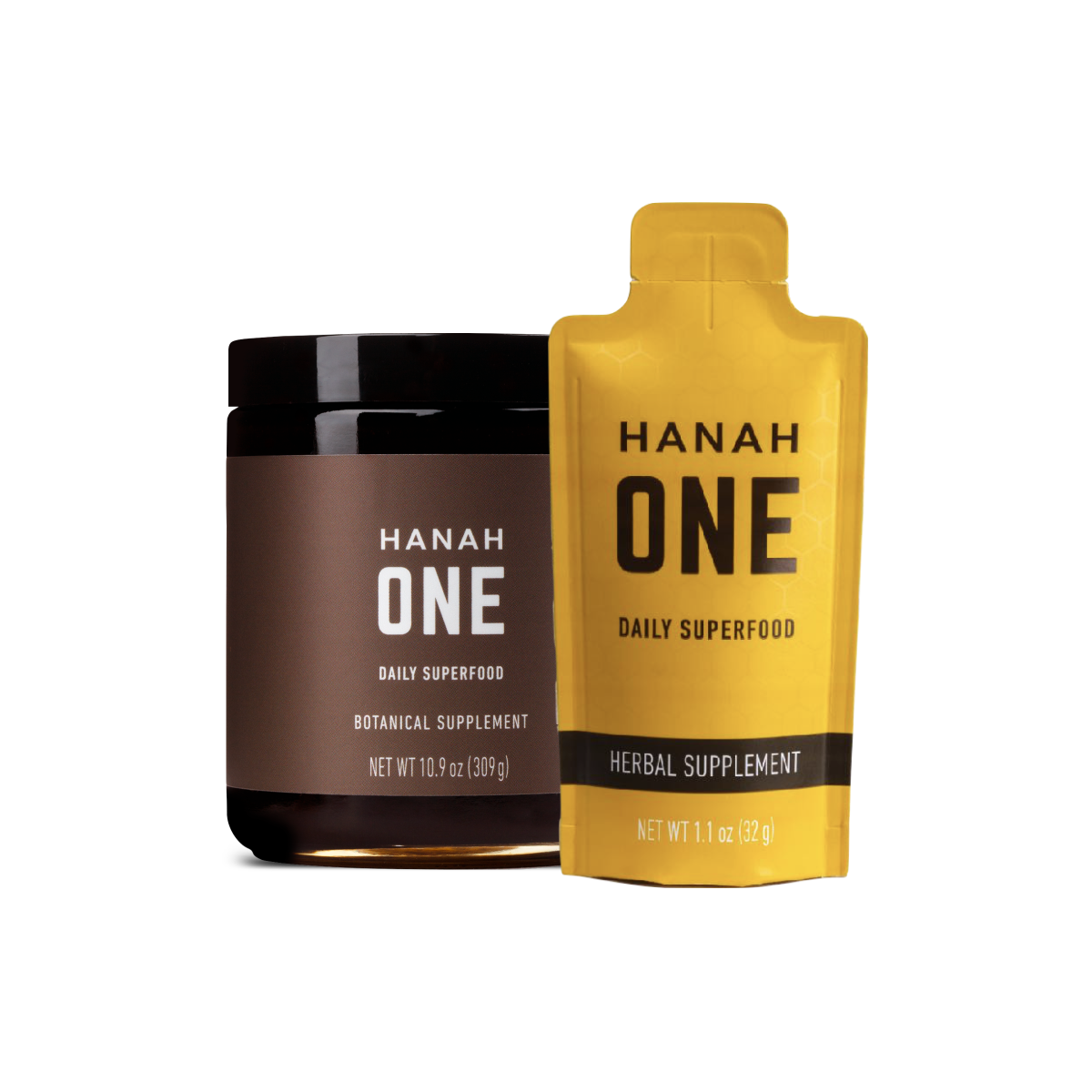Ayurveda & wellness: how Eastern traditions enhance Western medicine

By Dr. Blaise Aguirre
I was at a dinner party recently and I sat with a friend I hadn’t seen in a long time. He looked weathered, had put on some weight and admitted to being stressed. I offered to help him get back on an exercise schedule but he said that he couldn’t. “My knees really hurt and I have these headaches that keep me from sleeping.”
I thought about how it is in our culture to talk about symptoms in this way. When asked how we are doing, we don’t say, “Pretty great! I don’t have headaches, joint pains or indigestion.” We talk about what is wrong and not what is right. In as much as having a headache is a state of health then so is not having a headache.
In the West, we are habituated to thinking about health using a disease model. We forget that health is a continuum that goes from overall wellness, an absence of symptoms or a few minor aches on the one end to multiple symptoms, advanced illness states and terminal illness on the other.
The Western perspective tends to emphasize an approach that reduces illness symptoms, and is focuses on the physical and “objective” basis of disease. Western medicine has done wonders in replacing broken hearts and livers, and reducing the ravages of high blood pressure or helping a person recover after a stroke. This has however come at the neglect of health maintenance and wellness promotion, which is the main focus of many Eastern practices.
I told my friend that I practiced meditation, ate vegetarian and stretched frequently after exercising. He looked at me skeptically and said, “That sounds like a lot of work, but you look good, though.” He said that it was easier for him to sit at home watching TV, eating fatty foods, and drinking beer, than it was to even think about depriving himself of all these things. He is caught in an all-or-nothing trap that will keep him stuck in a state of non-wellness.
An alternative approach is one that integrates Eastern wellness techniques most of the time, with Western reductionist interventions rarely. I have come to appreciate this integrative model of health because of the work I do in treating suicidal people. The approach I use is known as dialectical behavior therapy (DBT), a therapy that integrates and balances standard Western cognitive-behavioral therapy or behavior therapy with Eastern contemplative spiritual practices of Zen and other contemplative practices. This type of therapy has been shown to powerfully reduce suicidal thinking in people diagnosed with a condition known as borderline personality disorder, a condition that has historically been known for having very high suicide rates.
Over the past few years I have met people from all over the world who live very healthy lives despite the absence of Western medical interventions. Their Eastern approach uses techniques like acupuncture, herbs, nutritional supplements, active lifestyles including yoga and meditation, even though we don’t fully understand, at least from a Western point of view, the underlying scientific mechanisms by which these approaches help. However if we as healers have the ultimate goal of getting our patients better, it is important to continue to consider both wellness and reductive models of care.
It was in this context that I came across Ayurveda. It is a form of Traditional Indian Medicine (TIM), which translates from Sanskrit to “knowledge of life,” or more precisely “systematic knowledge of the lifespan.” The system has been, and continues to be, practiced after more than 2,000 years and fits easily into my view of wellness. As I understand it, Ayurveda is the study of the continuous interconnectedness between the living world and its surrounding environment, and the understanding of how this interconnectedness leads to a state of balance and health. It does not eschew science, and as such it is similar in its philosophy to DBT.
It is a broad system of health promotion, prevention and personalization. Because it is mostly a wellness model, it can be is more complicated to measure within Western research, in that a person receiving care, and who is well, has no illness markers to measure. If by maintaining my health using an Ayurvedic product I have the absence of high blood pressure, how do I know that the product is working?
Dismissing absence of disease as irrelevant would trivialize Ayurveda. It is a practice fully recognized by the World Health Organization as a medical science, and one that has amassed an enormous wealth of healing knowledge. In India and neighboring countries, Ayurvedic medicine is officially and legally recognized together with Western conventional medicine. More than 1.4 billion people live in cultures where Ayurveda is a primary medical tradition. That's more people than Europe and the USA combined!
Questions of efficacy are relevant and important, and to this end this past year Prime Minister of India and many others pointed to the need for validation of efficacy of Ayurvedic products, primarily in order to ensure the safety of people taking such products. Ironically, at a time that such Western demands are being placed on this Eastern practice, many Westerners are turning to traditional Ayurveda in an integrative medical approach.
I cannot say that it is my annual physical alone, or exercise alone, or mindfulness alone, or my HANAH supplement alone that makes the difference. Nevertheless a medical system that includes physical, psychological, medical and spiritual elements is the most integrative way to treat beings that are physical, psychological and spiritual; and in using such an approach, one that integrates all of these elements, I feel healthier than I have in a very long time. Now if I can only convince my buddy to give up his couch and his beer….

Dr. Blaise Aguirre has joined our Board of Advisors. He fits perfectly into our belief that food is medicine and knows that, while amazing, Western Medicine doesn’t have all the answers. As a major contributor to the field of psychiatry, he has a unique perspective on how HANAH can have a positive impact on patients and merge the best parts of Eastern and Western medicine.
Blaise Aguirre, MD, is an Assistant Professor of Psychiatry at Harvard Medical School and serves on multiple boards, including The Oprah Winfrey Leadership Academy for Girls, Mirah, and the Illinois Marathon! He’s an expert in child, adolescent and adult psychotherapy, including dialectical behavior therapy (DBT), a psychotherapy which integrates Eastern and Western approaches, and lectures all over the world on the technique. He is the founding medical director of 3East, a unique residential DBT program for young women exhibiting self-endangering behaviors and borderline personality disorder (BPD) traits, and has written multiple books.
You can also check out this movie featuring him with Tich Nhat Hanh and Deepak Chopra - Mindfulness, Be Happy Now.
If you like this article make sure to check out similar ones below:






Leave a comment
This site is protected by hCaptcha and the hCaptcha Privacy Policy and Terms of Service apply.